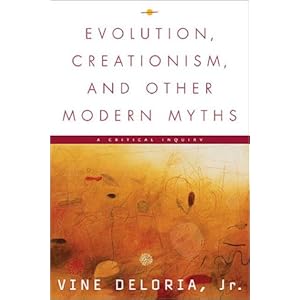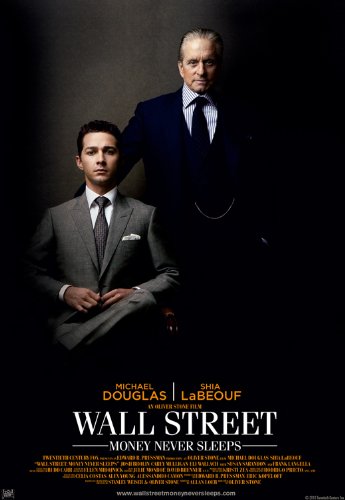
The four years between 1914 and 1918 were, as Graham Wallas observed, “four years of the most intense and heroic effort the human race has ever made” (Human Nature in Politics – Third Edition , 1921). When that effort was spent, illusions and enthusiasms possible up to 1914 turned to massive disillusionment, an image not unlike the luxurious, class-conscious RMS Titanic, which sank just two years before. The only gain, if any, for humanity was a painful reminder of its own limitations.
“The Great War of 1914-18 lies like a band of scorched earth dividing that time from ours, in wiping out so many lives which would have been operative on the years that followed, in destroying beliefs, changing ideas, and leaving incurable wounds of disillusion, it created a physical as well as psychological gulf between two epochs.” ( The Guns of August)
“The nineteenth century, the great age of European civilisation, was an edifice of grandeur and passion, of riches and beauty, but with dark cellars below. Its inhabitants lived, as compared to a later time, with more self-reliance, more confidence, more hope, more careless ease, but also hypocrisy, injustice and false sentiment” ( Barbara Tuchman, The Proud Tower: A Portrait of the World before the War, 1890-1914)..
Looking back on that world, Emile Verhaeren, the Belgian poet, dedicated his work “With emotion, to the man I used to be”. Ninety-six years later, it is increasingly difficult to remember the pre-1914 world that used to be. Here is a reminder… Continue reading The Marked Year 1914











